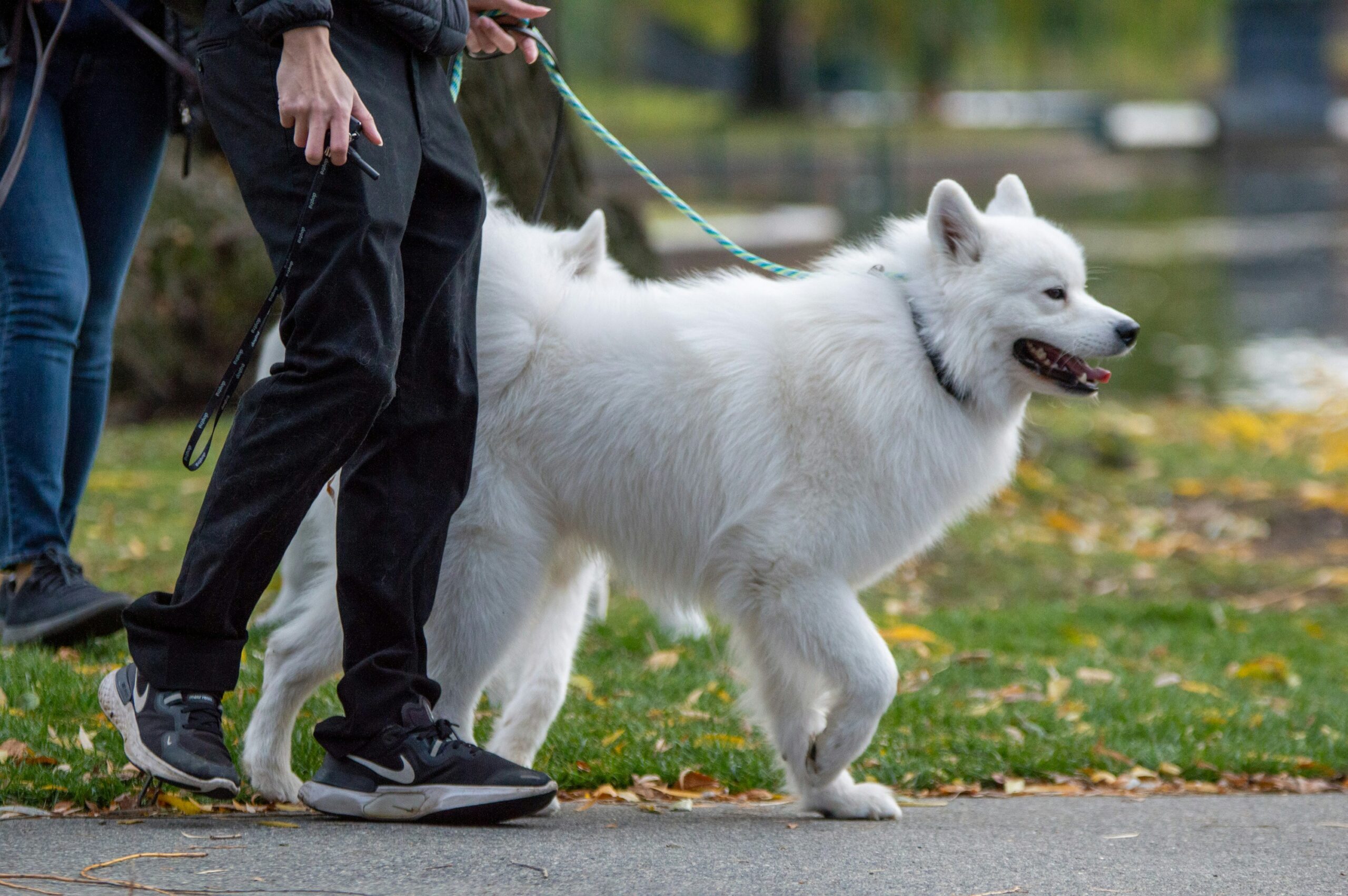Bringing a puppy into your life can be a joyful and deeply rewarding experience. But it’s also a long-term commitment that requires thoughtful consideration and responsible planning. All too often, we see decisions driven by impulse or emotion, with little real research into what it truly takes to care for a dog.
Understanding Dog Behavioural Issues
Most behavioural problems in dogs don’t happen out of nowhere. They usually develop for one of two reasons:
- Lack of proper training
- Unmet physical, mental, and social needs
Dogs are intelligent, social animals who need structure, stimulation, and connection. Without regular training, clear boundaries, and consistent communication, they can easily become confused or anxious—which often leads to unwanted behaviours.
At the same time, a dog that isn’t getting enough exercise, mental stimulation, or social interaction may express their frustration through destructive chewing, barking, hyperactivity, or even aggression. Simply put: a bored or under-exercised dog is a recipe for problems.


Ask yourself:
- Is my dog getting enough daily exercise for their breed and energy level?
- Am I regularly engaging them with games, toys, or training?
- Do they have enough opportunities to socialise with other dogs and people?
- Have I put time into training and setting clear expectations?
Most behavioural challenges can be improved—or prevented entirely—by meeting these basic needs. A well-exercised, mentally stimulated, and properly trained dog is far more likely to be a calm, happy companion.
Tips to Prevent and Manage Behavioural Issues
A well-behaved dog doesn’t happen by accident—it’s the result of consistent care, training, and attention to their needs. Here are some tips to help you build a well-adjusted, happy companion:


